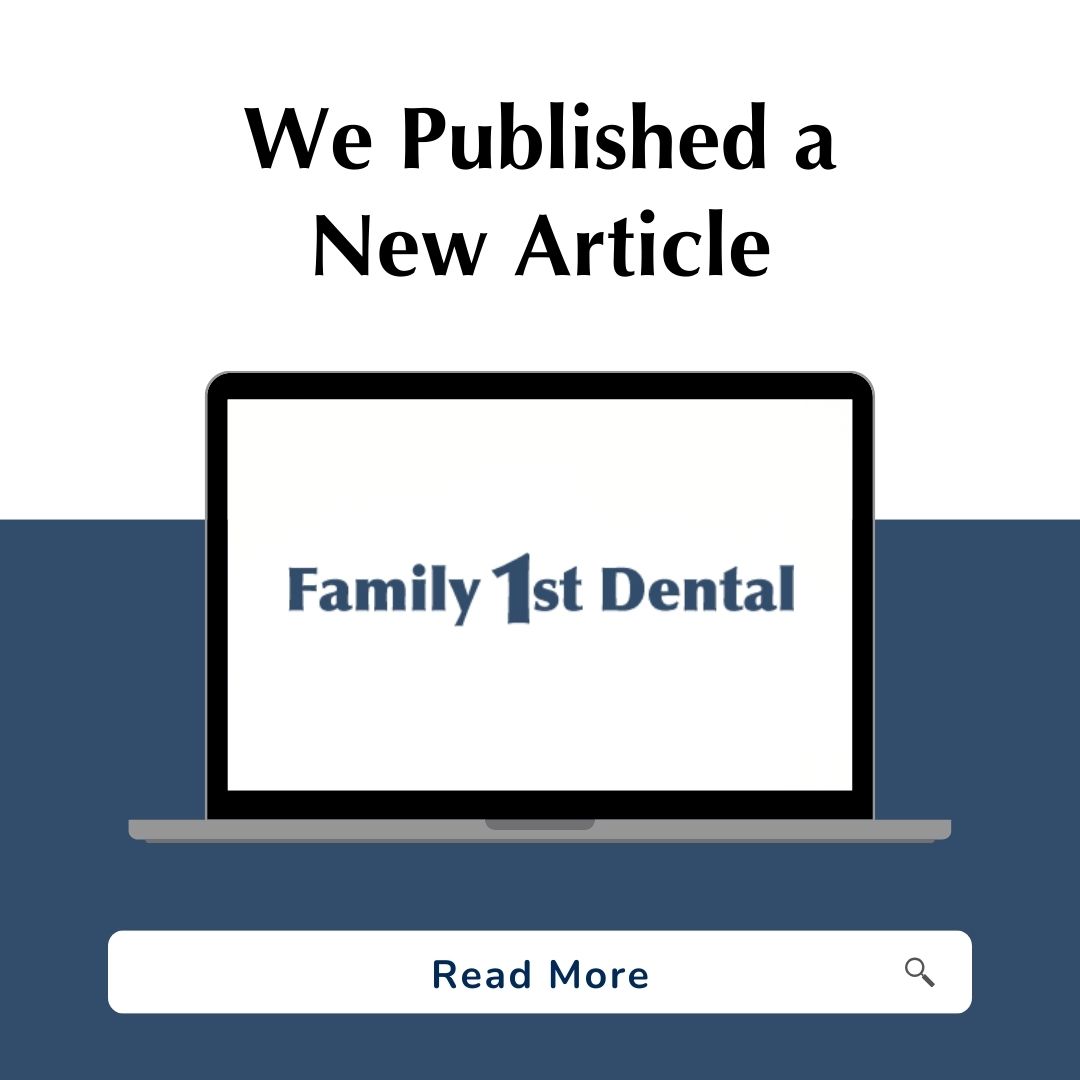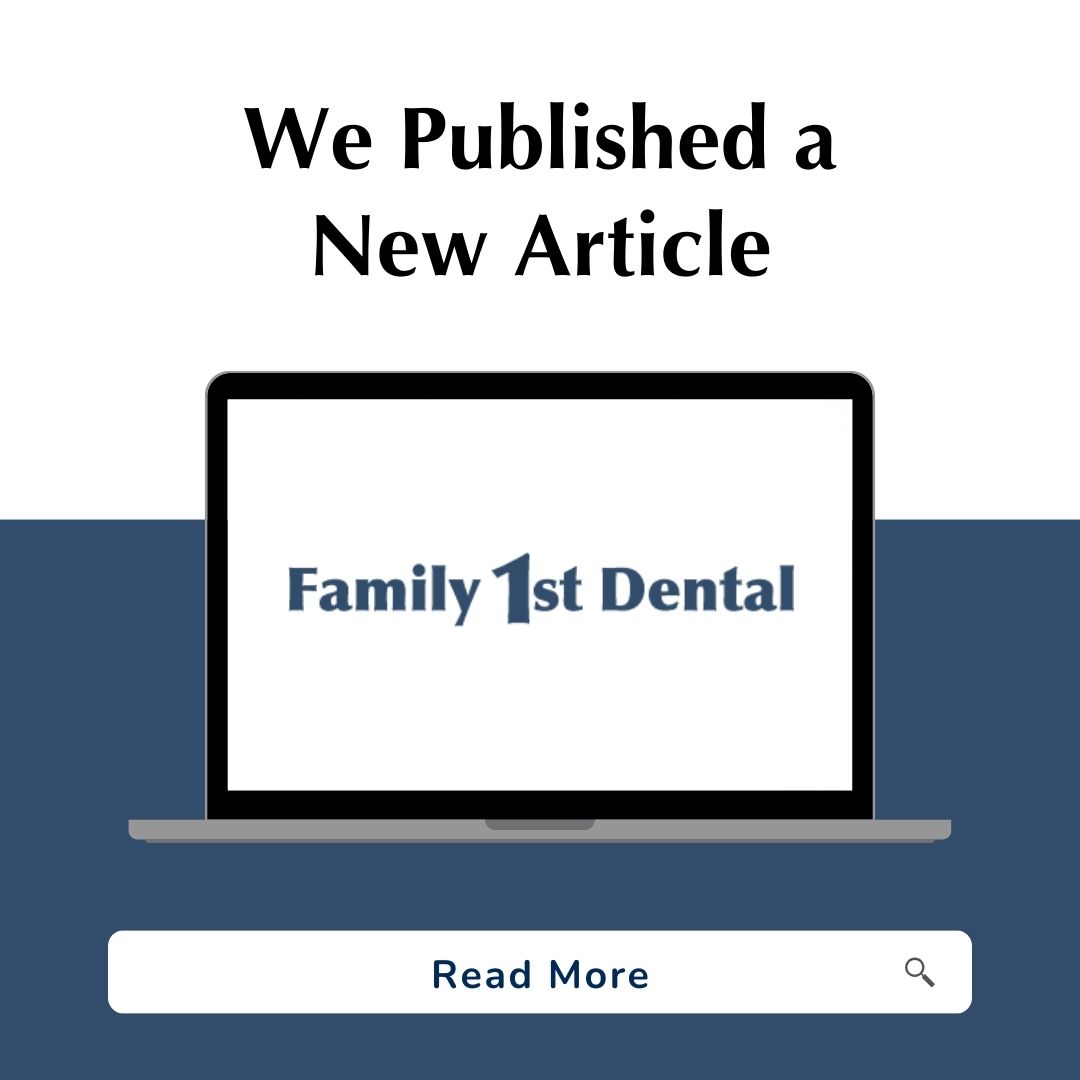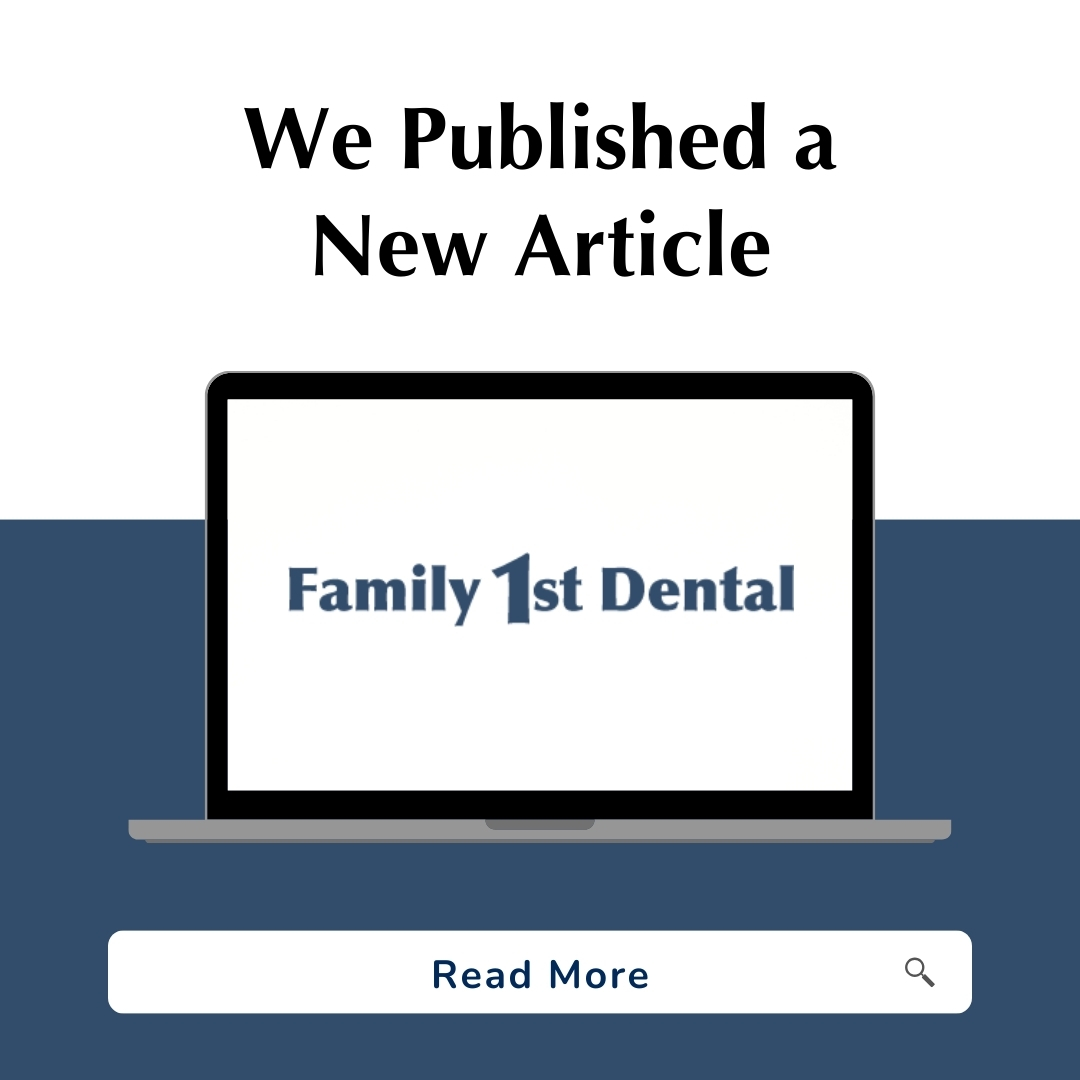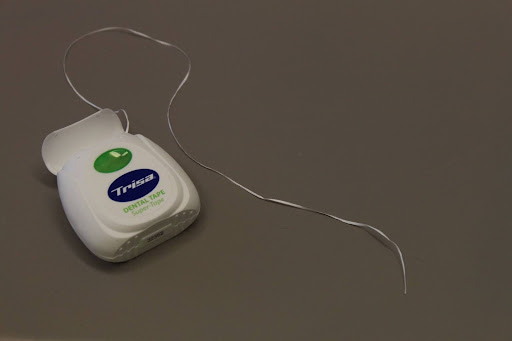
Periodontal disease, often known as gum disease, poses a significant threat to the tissues surrounding and supporting your teeth. It arises from the buildup of bacteria and plaque on your teeth and gums, leading to inflammation, bleeding, and eventually tooth loss. Here, we delve into the indicators of periodontal disease, empowering you to recognize them and take proactive steps to safeguard your oral health.
- Bleeding Gums: Among the most prevalent signs of periodontal disease is bleeding gums, especially during brushing or flossing. This occurs due to gum inflammation, heightening their susceptibility to bleeding.
- Swollen or Tender Gums: Swollen or tender gums may signal the presence of periodontal disease. The inflammation resulting from the condition can cause discomfort and sensitivity in your gums.
- Bad Breath: Halitosis, or bad breath, may stem from a bacterial buildup in the mouth. In the context of periodontal disease, these bacteria may reside in the pockets that develop between your teeth and gums.
- Receding Gums: Progressing periodontal disease can prompt gum recession, where the gums recede or pull away from the teeth. This can expose the tooth roots, leading to sensitivity and related issues.
- Loose or Shifting Teeth: Advancing disease can weaken the bone and tissue supporting your teeth, resulting in tooth mobility or shifting. If you sense looseness or movement in your teeth, it could indicate periodontal disease.
- Pus Formation: Periodontal disease may occasionally manifest as pus formation between the teeth and gums, indicating a severe infection that warrants immediate attention.
Should you notice any of these symptoms, it’s crucial to promptly schedule an appointment with Dentist Osmond at Family 1st Dental of Osmond. Your dentist can evaluate your gum and tooth health and recommend appropriate treatment to forestall further deterioration and enhance your oral well-being.
Treatment for periodontal disease may involve scaling and root planing, a comprehensive cleaning procedure that eradicates plaque and tartar from your teeth and gums. In severe cases, surgical intervention may be necessary to rectify the damage inflicted by the disease.
In essence, periodontal disease demands timely intervention and treatment. By discerning its signs, you can proactively shield your oral health and avert additional harm to your teeth and gums. Ensure regular dental check-ups and cleanings, and uphold diligent oral hygiene practices at home to fortify the health and resilience of your teeth and gums. Reach out to our dental office today to schedule an appointment and prioritize your oral health journey.



















